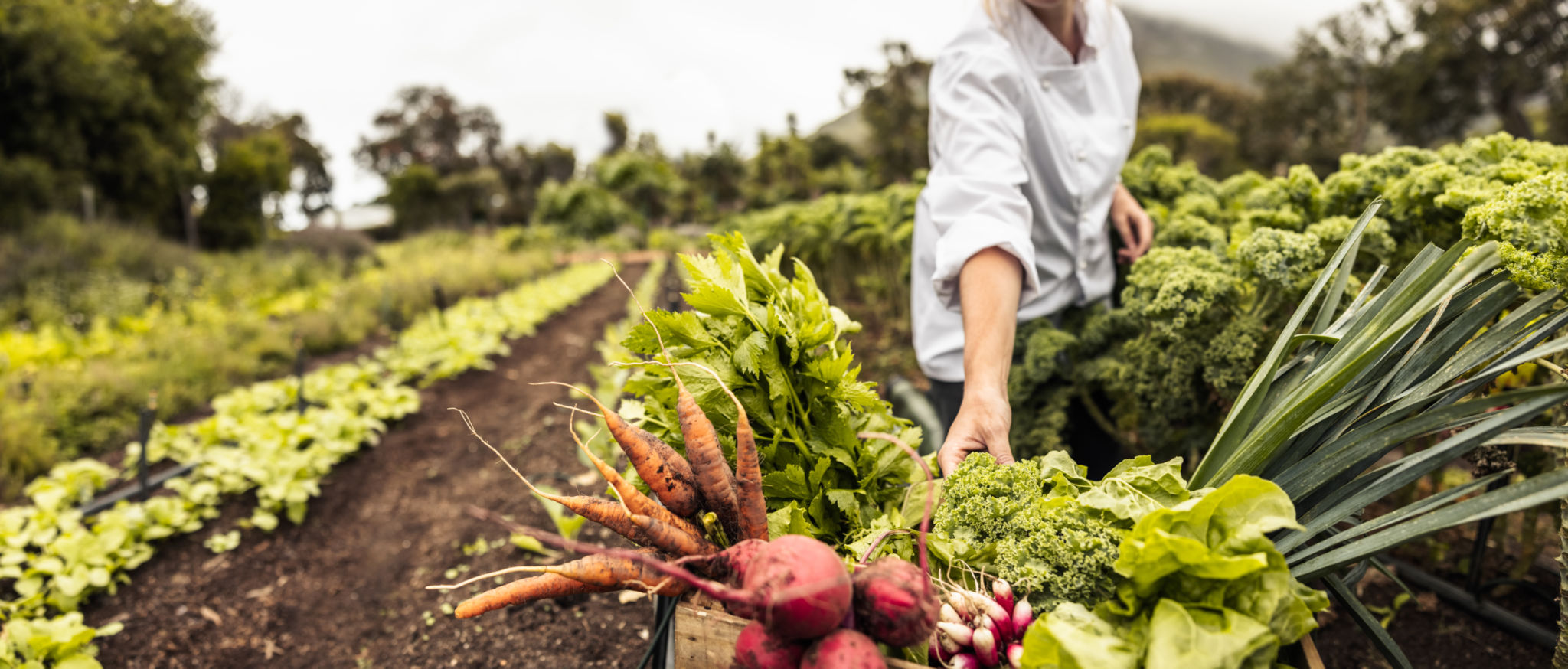Organic Farming Methods: Insights from Sunrise Farm Lombok
The Essence of Organic Farming
Organic farming has become a beacon of hope for sustainable agriculture, offering a harmonious approach to farming that respects the environment and enhances biodiversity. At Sunrise Farm Lombok, this philosophy is embraced wholeheartedly, intertwining traditional practices with innovative methods to cultivate crops without synthetic fertilizers or pesticides. This approach not only ensures healthier food but also nurtures the planet.

Soil Health and Fertility
One of the key components of organic farming at Sunrise Farm Lombok is the focus on maintaining and improving soil health. By using natural composts and green manures, the farm enriches the soil with vital nutrients, boosting fertility naturally. Crop rotations and cover crops further aid in preventing soil erosion and maintaining its structure, ensuring that each harvest is as bountiful as the last.
The farm also employs techniques such as no-till farming, which minimizes soil disturbance and preserves the delicate ecosystem beneath its surface. This method not only reduces soil erosion but also enhances water retention, creating a resilient agricultural system capable of withstanding environmental stressors.
Integrated Pest Management
Rather than relying on chemical pesticides, Sunrise Farm Lombok utilizes integrated pest management (IPM) strategies. IPM involves a combination of biological control, habitat manipulation, and the use of resistant crop varieties. Beneficial insects, such as ladybugs and predatory mites, are introduced to control pest populations naturally.

Additionally, the farm uses crop diversity as a natural defense against pests. By planting a variety of crops, pests are less likely to spread, which reduces the need for any intervention. This strategy not only protects the crops but also supports a diverse ecosystem on the farm.
Water Conservation Techniques
Water is a precious resource, and Sunrise Farm Lombok implements several conservation techniques to use it efficiently. Drip irrigation systems deliver water directly to the plant roots, minimizing evaporation and ensuring that each drop counts. Mulching with organic materials further helps retain moisture in the soil, reducing the need for frequent watering.
Rainwater harvesting is another innovative practice employed at the farm. By collecting rainwater, Sunrise Farm reduces its dependency on external water supplies and ensures a sustainable water source throughout the year.

The Benefits of Organic Farming
Organic farming methods offer numerous benefits beyond just growing healthy crops. They contribute to biodiversity, promote ecosystem balance, and reduce pollution from synthetic inputs. Moreover, organic produce often contains higher levels of essential nutrients and antioxidants, providing better health benefits to consumers.
At Sunrise Farm Lombok, these benefits are realized every day through their commitment to environmental stewardship and community involvement. By embracing organic methods, they not only protect the land but also foster a healthier future for the local community and beyond.
A Model for Sustainable Agriculture
Sunrise Farm Lombok stands as a model for sustainable agriculture practices worldwide. Their dedication to organic farming demonstrates that it is possible to produce high-quality food while preserving natural resources and supporting ecological balance. As more farms adopt these methods, the future of agriculture looks promisingly green.
In conclusion, organic farming at Sunrise Farm Lombok offers valuable insights into how agriculture can be both productive and environmentally friendly. By prioritizing soil health, pest management, water conservation, and biodiversity, they are paving the way for a sustainable agricultural revolution.